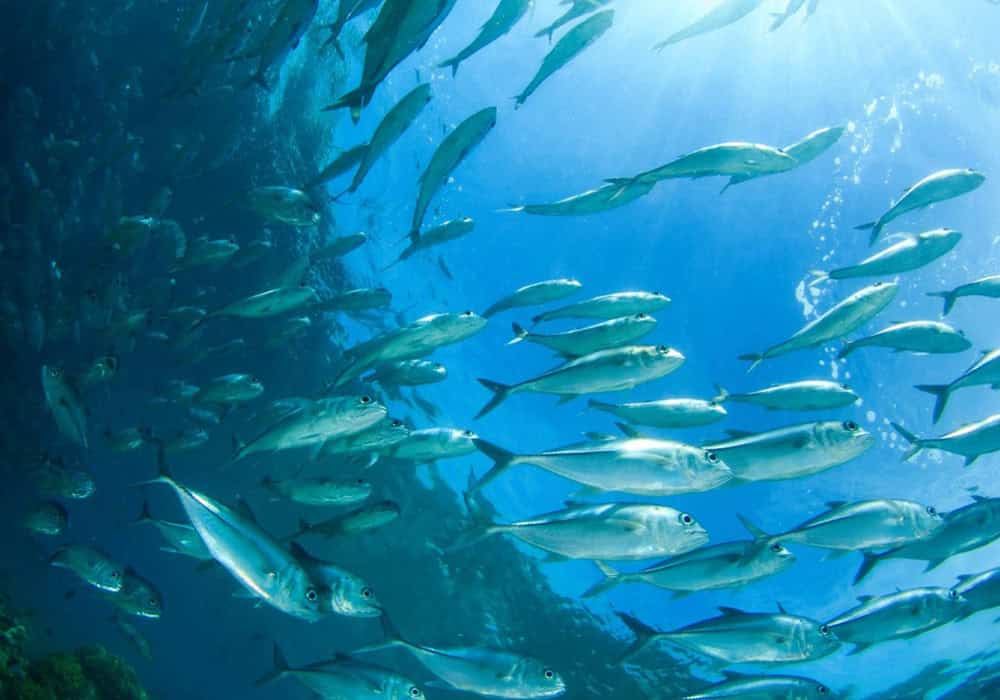
In Australia’s commercial fishing industry, sharefishing arrangements are a common and long-established method of remunerating crew members—particularly skippers—based on a percentage of the catch or profits rather than a fixed wage. While this structure suits the variable nature of fishing, it also opens the door to complex legal and taxation issues if not correctly formalised.
One of the most critical tools to avoid costly consequences is a well-drafted Skipper Sub-Contractor Agreement, especially when it comes to Australian Taxation Office (ATO) compliance, including Superannuation Guarantee Contributions (SGC), operating cost responsibility, GST registration, and ABN requirements.
Why Skipper Sub-Contractor Agreements Matter
A skipper sub-contractor agreement defines the legal relationship between the vessel owner and the skipper. Without one, ambiguity can lead to:
- Misclassification of the skipper as an employee.
- Liability for unpaid superannuation.
- Unintended tax obligations.
- Disputes over operating costs and share entitlements.
- Legal exposure for failing to meet Fair Work or ATO standards.
Clear, written agreements allow both parties to operate with legal and financial certainty.
Understanding Sharefishing
In a sharefishing arrangement:
- The crew (including the skipper) receives a share of the profits or proceeds from a fishing trip, rather than a set wage.
- These arrangements must not create an employment relationship unless intentionally structured that way.
- The agreement must clarify the risk, responsibility, and reward for each party.
There are two main categories of sharefishing identified by the ATO:
- Employee sharefisher arrangements – where the skipper provides labour but does not take on any operational or financial risk.
- Sub-contractor sharefisher arrangements – where the skipper takes on risk, provides equipment or pays for operating costs, and is thus classified as an independent contractor.
ATO Requirements and Rulings
To determine whether a skipper is an employee or an independent contractor, the ATO considers several factors. The most relevant ATO guidance is:
- ATO Superannuation Guarantee Ruling SGR 2005/1
- ATO ID 2005/133 and 2005/134
- TR 2005/16 – Income Tax: Pay As You Go (PAYG) Withholding – employee/contractor decision tool
According to the ATO:
- If a skipper is classified as an employee, the vessel owner must pay Super Guarantee Contributions (SGC), withhold PAYG tax, and may be liable for workers’ compensation.
- If the skipper is a genuine sub-contractor, these obligations do not apply.
To establish that the skipper is a sub-contractor, the agreement must demonstrate that the skipper:
- Has the right to delegate or subcontract work.
- Is responsible for their own tax affairs.
- Bears risk and supplies capital or equipment.
- Is paid for a result (i.e. share of catch), not hours worked.
Key Components of a Compliant Skipper Sub-Contractor Agreement
To stand up to ATO scrutiny and minimise liability, your agreement should:
- Clearly define the relationship as one of independent contracting, not employment.
- Detail how profits are shared, including any fixed or variable expenses deducted beforehand.
- Assign responsibility for operating costs, such as fuel, bait, ice, provisions, gear loss or damage, and vessel maintenance.
- Include ABN requirements, stating that the skipper must have an active Australian Business Number (ABN).
- State GST obligations and whether the skipper is registered for GST. If so, provisions must cover invoicing and GST-inclusive payments.
- Outline insurance responsibilities, including public liability and personal accident insurance.
- Detail risk assumption, including downtime due to weather, gear loss, and poor catch.
- Confirm tax independence,with the skipper responsible for their own PAYG instalments and income tax.
Super Guarantee Contributions (SGC)
A major risk for vessel owners is being found liable for unpaid superannuation.
ATO Position:
- If the skipper is found to be an employee for superannuation purposes, the vessel owner must pay super even if the skipper holds an ABN.
- This can result in retrospective liability for unpaid super, interest charges, and penalties.
To avoid this:
- Ensure the agreement places entrepreneurial risk on the skipper.
- Avoid providing tools, gear, or covering daily operational costs unless offset by the skipper’s share.
- Confirm that payment is tied to output (i.e., the catch) and not based on hours or days worked.
GST and ABN Requirements
Australian Business Number (ABN):
- A genuine sub-contractor must hold an ABN.
- Agreements should include clauses requiring the skipper to supply and maintain a valid ABN.
- If the skipper doesn’t provide an ABN, the vessel owner may be required to withhold tax at the top marginal rate (47%).
GST (Goods and Services Tax):
- If the skipper is GST-registered, they must charge GST on their share of the catch.
- The agreement must state:
- Whether GST is payable on the share.
- How invoices will be issued.
- Who bears the burden of GST obligations.
To avoid errors:
- Ensure the skipper’s GST status is clearly documented.
- Skippers should be advised to consult with a tax advisor regarding their GST obligations.
Operating Costs and Risk Sharing
The ATO gives considerable weight to who bears operational costs.
To establish sub-contractor status:
- The skipper should contribute to or fully bear:
- Fuel costs.
- Food/provisions for trips.
- Bait and ice.
- Maintenance and repair of gear.
- Port fees.
- These costs can be deducted from the gross catch before profits are shared or reflected in a lower percentage share for the skipper.
Important: Agreements should clearly list which expenses each party is responsible for and how those costs are accounted for when calculating profit shares.
Best Practices for Vessel Owners and Skippers
To protect both parties:
- Use a written agreement that reflects the true nature of the relationship.
- Review the agreement annually or if fishing operations change.
- Ensure the skipper understands their tax and legal obligations.
- Keep detailed financial records, including trip expenses, catch records, and payments.
- Avoid backdating or signing agreements after disputes arise.
Penalties and Legal Consequences for Non-Compliance
If a skipper is later deemed an employee:
- Vessel owners may face:
-
- Backdated superannuation payments.
- Penalties and interest from the ATO.
- Potential Fair Work breaches.
- Increased audit risk.
- Civil claims by the skipper.
It is therefore crucial to get the agreement right from the start and not rely on informal or verbal arrangements.
Conclusion
The complexities of sharefishing demand clear legal documentation. A robust Skipper Sub-Contractor Agreement is more than a formality—it is your primary defence against tax liability, compliance failures, and disputes. By aligning your agreement with ATO guidelines on super, GST, ABNs, and contracting principles, you ensure that your fishing operation runs smoothly and legally.
For those unsure about their current arrangements, seeking legal advice is strongly recommended. The cost of preparing a compliant agreement is far less than the penalties for getting it wrong



